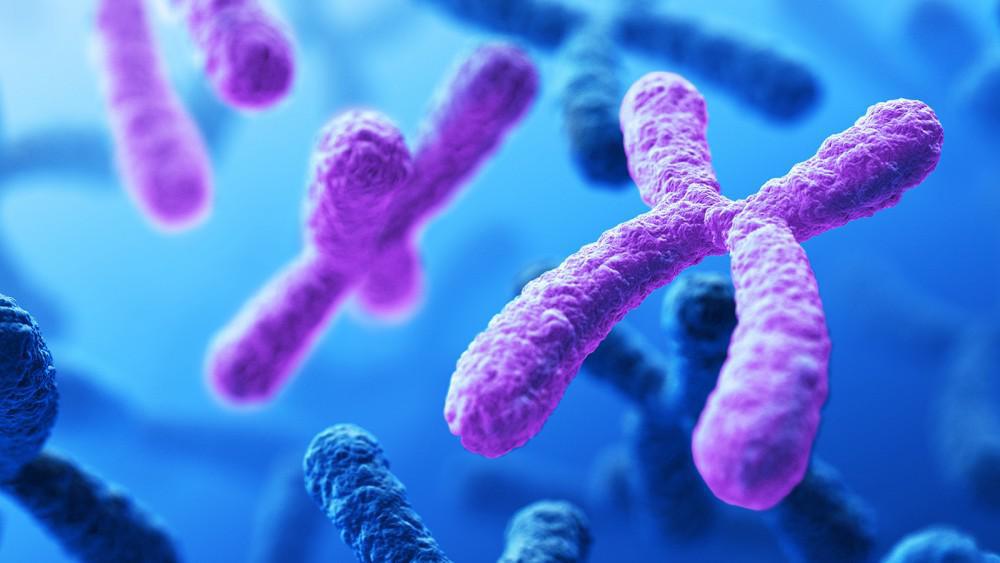
What’s an epigenome?
We all know our bodies can pass on genes to the next generation – and that this can be either good or bad news. Most people, however, blame their genes for the wrong things. “Genes are like a recipe book,” explains Dr. Hansen. “They can give you the instructions to make all sorts of things, but that doesn’t mean the recipes will be made. You could have the recipe for cancer or cardiovascular disease, but those recipes may never be made and those genes may never negatively influence you.”
Our epigenome is what determines which recipes from our genetic recipe book are made and which aren’t. And while we can’t yet change our genes, we can change our epigenome. Our lifestyle choices can help our body make the good recipes more regularly, and turn off or close the bad ones.
Things get complicated
As with most health issues, though, there are complications: Some parts of the genome have mutations called polymorphisms – and these affect how well the recipes come out. (Think of cookies made with melted butter vs those made with softened butter.) For example, a polymorphism might cause your body to process Vitamin D at a lower rate. This would increase your risk for Vitamin D deficiency even with what is normally considered a healthy amount of sun exposure.
How HHS can help
“Fortunately,” Dr. Hansen reassures, “we are learning more and more every day about how these polymorphisms affect our physiology, allowing us to adapt our lifestyle to compensate. We can avoid problems and increase benefits with an understanding of our genome. You can map your entire genome with a simple swab of saliva and we can use the raw data to run reports on your polymorphisms. This can be an overwhelming amount of data – very difficult to process – so our team at HHS will review the results with you and help you understand what steps to take. If you are already a patient at HHS, we will seamlessly integrate this information into your care plan.”
Even more good news: You can map your entire genome for under $1,000 and it only needs to be mapped once! After the HHS has it on file, the team can keep your reports and recommendations up to date with the latest developments in polymorphism research.
So don’t delay! The sooner you map your genome, the sooner you can take advantage of tailoring your healthcare to your exact genetic needs. Give us a call at 210-460-6264 (or text at 210-646-4467) for how to get started.
